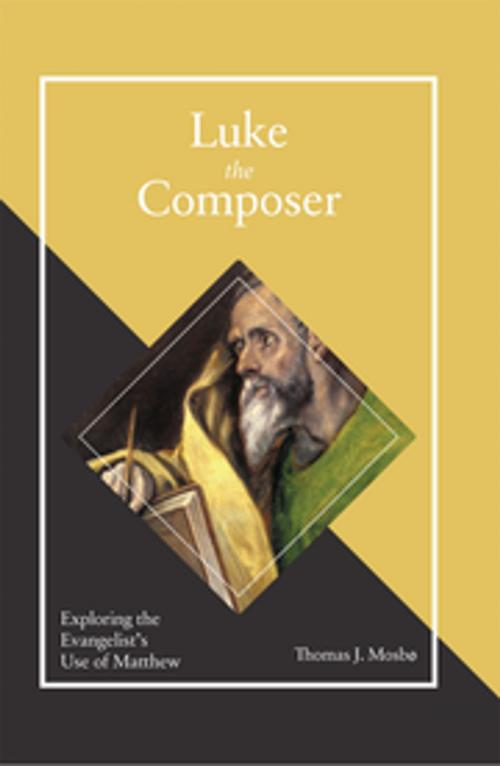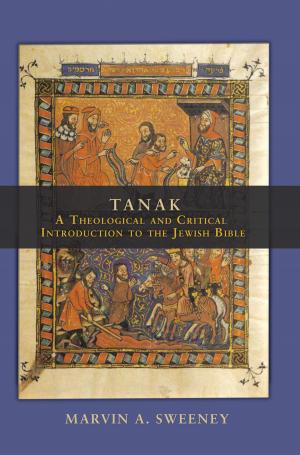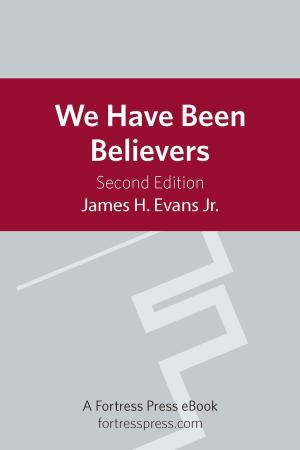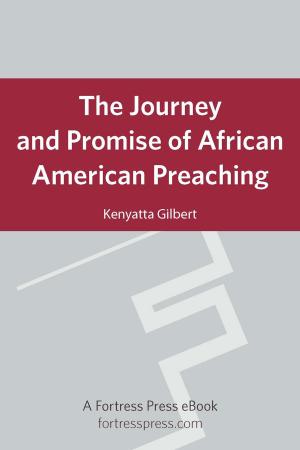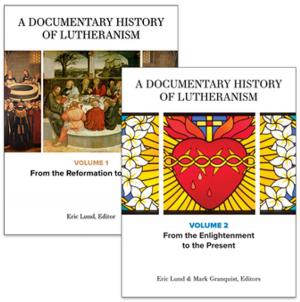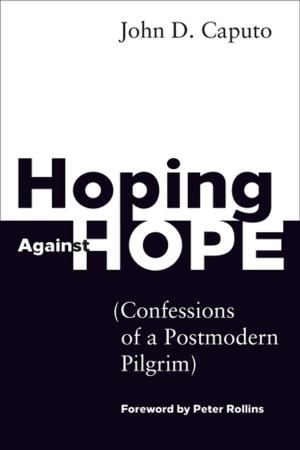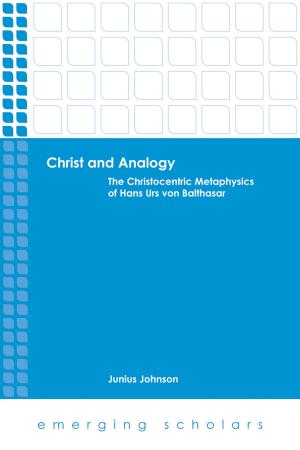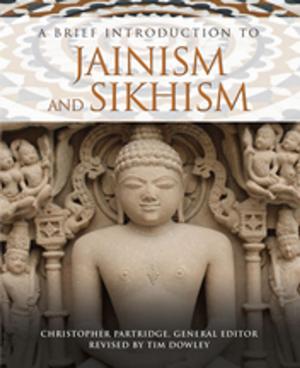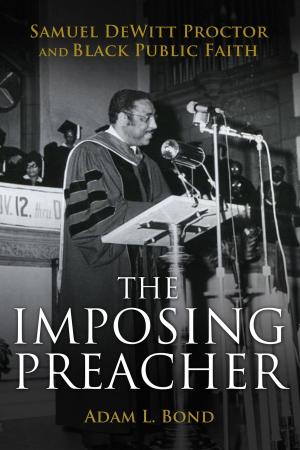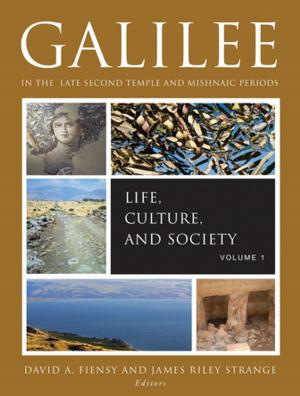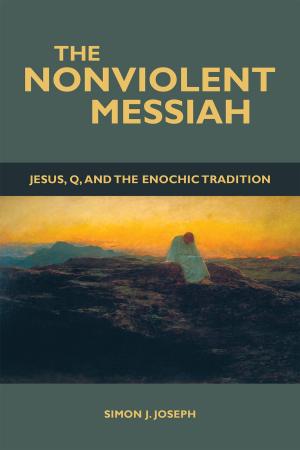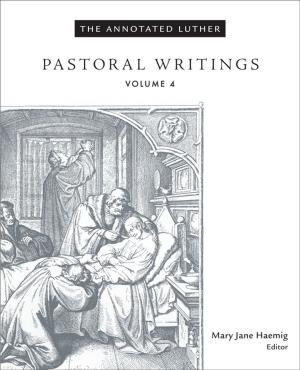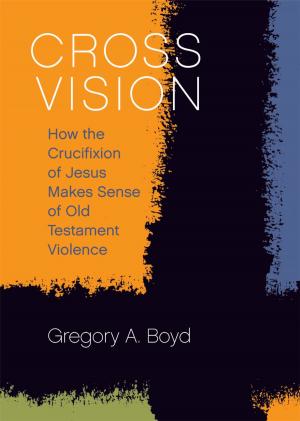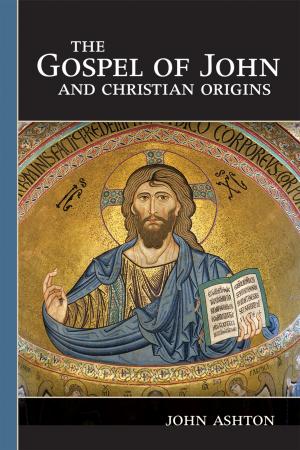Luke the Composer
Exploring the Evangelist's Use of Matthew
Nonfiction, Religion & Spirituality, Bible & Bible Studies, New Testament, Criticism & Interpretation| Author: | Thomas J. Mosbo | ISBN: | 9781506420387 |
| Publisher: | Fortress Press | Publication: | June 15, 2017 |
| Imprint: | Fortress Press | Language: | English |
| Author: | Thomas J. Mosbo |
| ISBN: | 9781506420387 |
| Publisher: | Fortress Press |
| Publication: | June 15, 2017 |
| Imprint: | Fortress Press |
| Language: | English |
The literary relationships among the Synoptic Gospels have long attracted scholarly attention which has now generally coalesced into the predominant Two- (or Four-) Source Hypothesis and leading alternatives, the Griesbach (or Two-Gospel) Hypothesis (Mark used Matthew and Luke) and the Farrer Hypothesis (Luke used Mark and Matthew). Thomas J. Mosbo here argues that no theory of Synoptic relations is adequate unless it can satisfactorily explain the extensive middle third of Luke's Gospel, the so-called Travel Narrative (9:51–19:27), where Luke departs from the order shown in either Matthew or Mark and assembles stories and sayings that develop themes concerning discipleship that are important to Luke. Mosbo examines this narrative as a composed narrative, not merely an assembly of “materials,” and finds that Luke has reordered materials taken from Matthew and from Mark in a very particular manner. He then examines Luke's purposes in the Gospel as a whole, then addresses objections raised by Q advocates to the hypothesis that Luke knew Matthew. At length Mosbo offers his own hypothesis of Synoptic relationships, including the relationship between Matthew and Mark.
The literary relationships among the Synoptic Gospels have long attracted scholarly attention which has now generally coalesced into the predominant Two- (or Four-) Source Hypothesis and leading alternatives, the Griesbach (or Two-Gospel) Hypothesis (Mark used Matthew and Luke) and the Farrer Hypothesis (Luke used Mark and Matthew). Thomas J. Mosbo here argues that no theory of Synoptic relations is adequate unless it can satisfactorily explain the extensive middle third of Luke's Gospel, the so-called Travel Narrative (9:51–19:27), where Luke departs from the order shown in either Matthew or Mark and assembles stories and sayings that develop themes concerning discipleship that are important to Luke. Mosbo examines this narrative as a composed narrative, not merely an assembly of “materials,” and finds that Luke has reordered materials taken from Matthew and from Mark in a very particular manner. He then examines Luke's purposes in the Gospel as a whole, then addresses objections raised by Q advocates to the hypothesis that Luke knew Matthew. At length Mosbo offers his own hypothesis of Synoptic relationships, including the relationship between Matthew and Mark.
